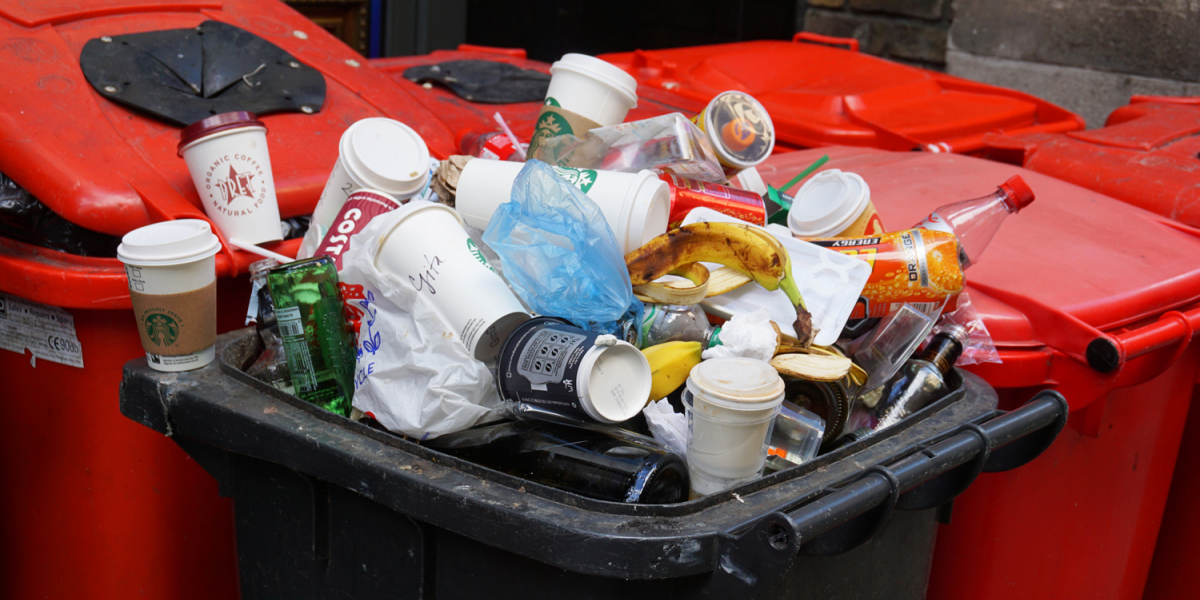
June 7, 2017
Guest post by Heather Semotiuk
Did you know that in 2013, Ottawa residents produced 175,000 tonnes of trash? That’s about 198 kg/person1! This waste not only costs the city millions of dollars ($23.4 million in 2014, to be exact), it’s also filling our landfills and polluting our waterways. Reducing the amount of waste we produce has multiple benefits, including financial savings for the city, fewer landfills, and less plastic in our water and food systems. The potential of a waste free city has inspired local governments, like the City of Vancouver, to develop waste-free strategies (see forthcoming Smart Prosperity Institute research on waste and the circular economy) and thereby reduce the amount of solid waste ending in a landfill.
A local Ottawa resident, Valerie Leloup is tackling the waste problem head on by bringing in Ottawa’s first zero-waste grocery store: NU. The development of waste free grocery stores like NU that offer packaging-free, bulk options for food & beauty products can allow for a more mainstream waste-free lifestyle. To promote waste reduction, Ms. Leloup invited Bea Johnson, the author of Zero Waste Home, to present to Ottawa residents the story of her transition to a zero waste lifestyle. Bea’s transition to reduce waste in her home also reduced her household expenditures by an estimated 40%! Johnson spoke in Ottawa on April 18th to over 300 individuals (including an SPI staff member), demonstrating the growing resonance of the waste-free lifestyle in our Nation’s Capital.
Waste Reduction Principles
Ms. Johnson offers up these important principles for a waste-free lifestyle: refuse, reduce, reuse, recycle, rot (in that order):
Our Waste Reduction Challenge
Inspired by these events, The uOttawa Institute of the Environment and Smart Prosperity Institute launched a Waste Reduction Challenge over the month of April. Staff collected their waste each week with the goal of gradually reducing our individual office waste (some keeners also recorded home waste!).
Through this challenge we’ve learned that the majority of our office waste is food packaging. Our major culprits are granola bar wrappers and coffee cups. Some of us started out with better habits than others so in addition to rewarding the biggest waste reducer, we also rewarded the individual with the lowest total waste. We also discovered the tricky business of an office waste reduction challenge with ‘waste leakage’: baby carrots that form a ‘bulk’ snack at the office are purchased in a bag from the supermarket that ends up in a household garbage bin.
Despite these challenges, simply by tracking our waste and setting a goal to “reduce individual waste” our staff members have made a range of important revelations and changes to their daily routines:
The act of tracking and setting targets (plus some healthy competition and public shame) has helped motivate individuals to make changes after being faced with the volume of waste that they produce.
For more tips, check out Zero Waste Home, and listen to Bea Johnson on CBC Morning here.
Heather Semotiuk is a UN Association of Canada’s Green Corps Fellow with Smart Prosperity Institute’s Cities & Communities Program for 2017.